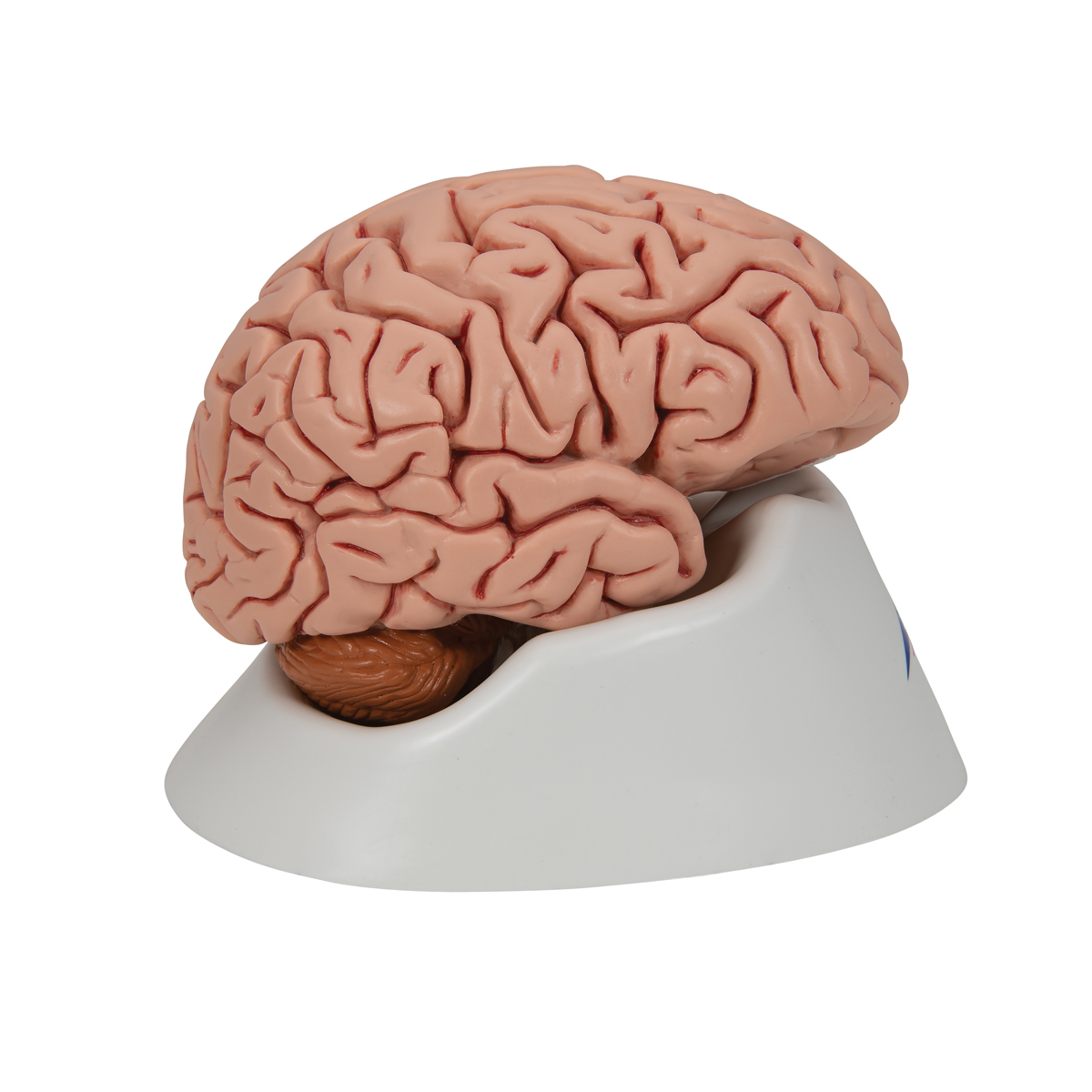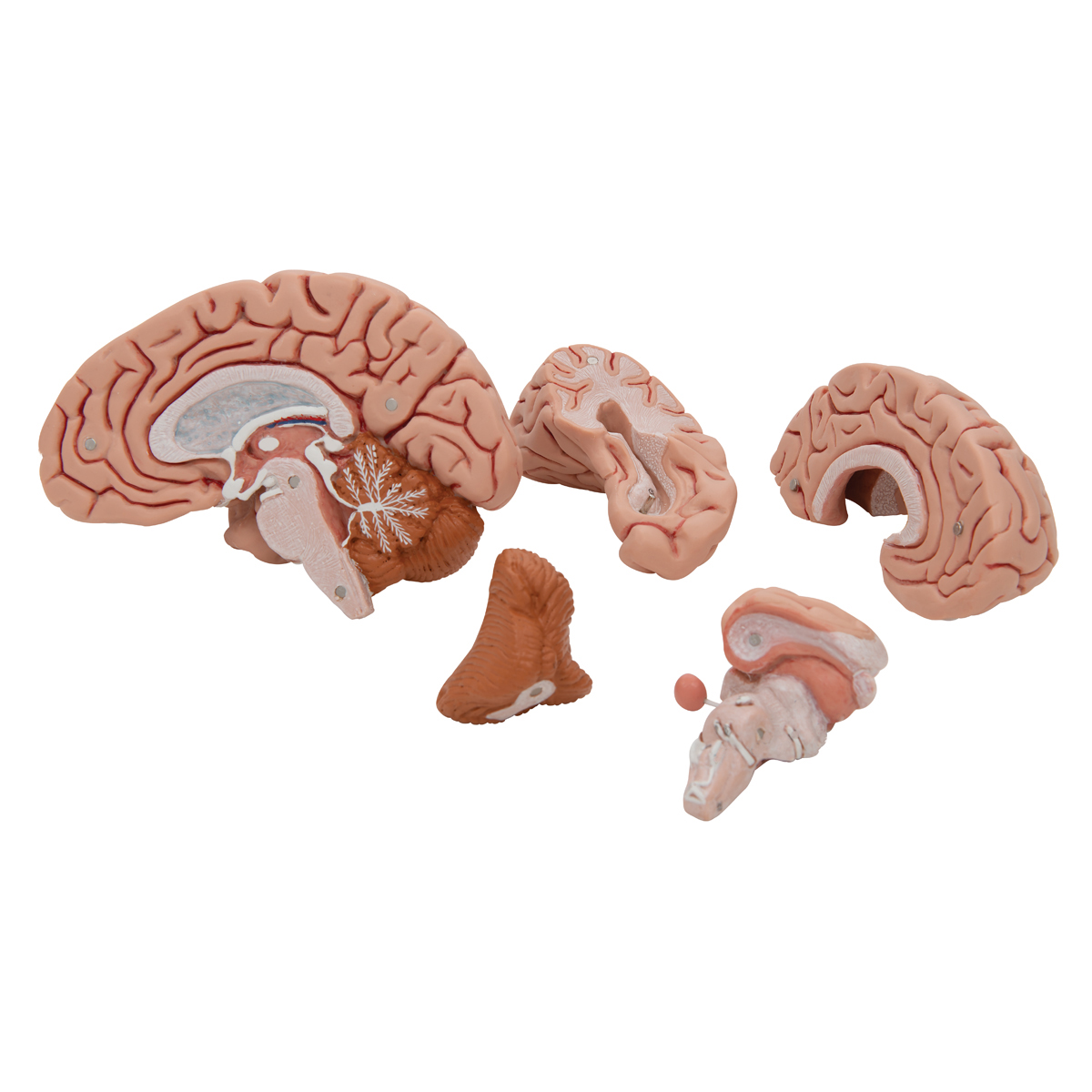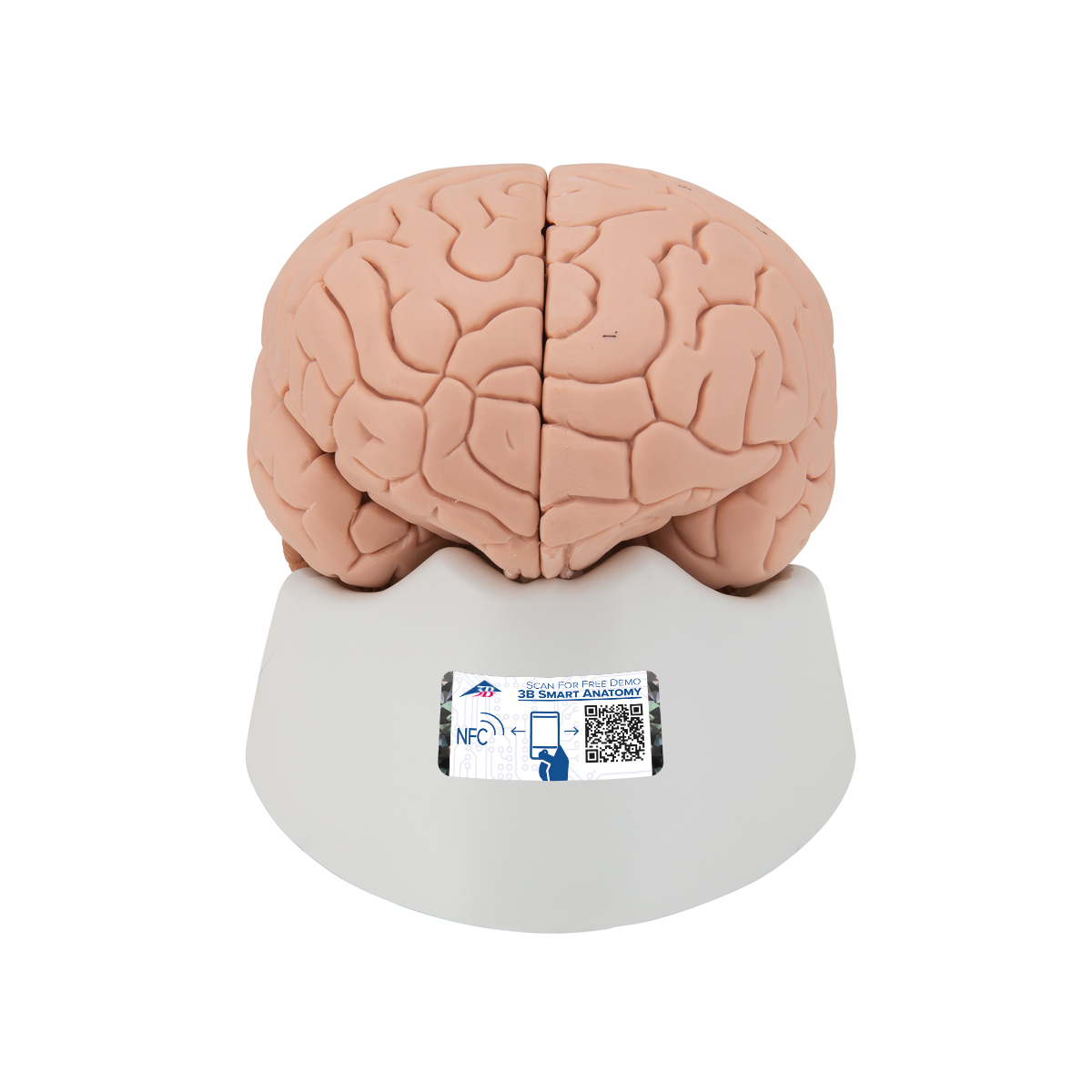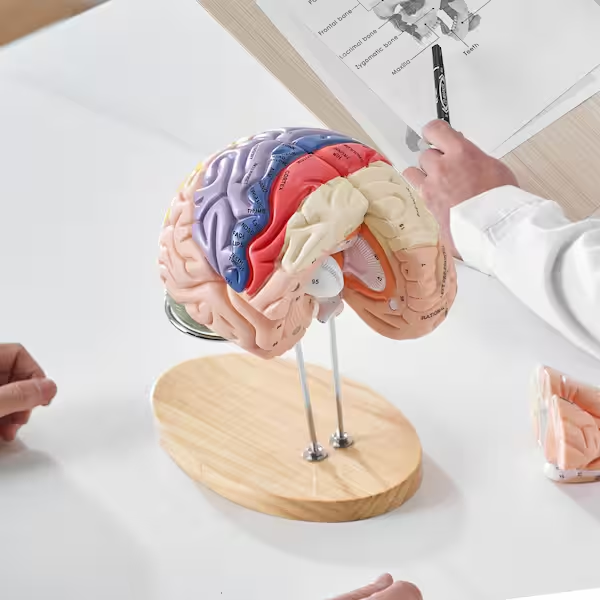Introduction to Brain Fog and Anxiety
Brain fog often accompanies anxiety, affecting cognitive function. Individuals experiencing this symptom may struggle to think clearly. They might find it challenging to focus on tasks or retain information. Brain fog is not a formal medical diagnosis, but it significantly impacts daily life.
Various factors contribute to the onset of brain fog. Anxiety can overshadow logical thought processes. When anxiety levels rise, the brain’s ability to function optimally can decrease. Consequently, both mental and physical health can deteriorate.
Recognizing these connections is crucial for effective management. Identifying the triggers of anxiety can pave the way for reducing brain fog. Awareness of these issues can empower individuals to seek help and implement strategies for improvement.
This blog explores the links between brain fog and anxiety. It will also discuss practical ways to combat these feelings. Gaining a deeper understanding of this relationship can foster better health outcomes.

The Symptoms of Brain Fog and Anxiety
Recognizing the symptoms of brain fog is essential for effective management. Common symptoms include forgetfulness, confusion, and lack of mental clarity. Many individuals also report feeling mentally exhausted despite adequate rest. As a result, daily tasks may take longer, leading to frustration.
Anxiety, on the other hand, often manifests as excessive worry, restlessness, and rapid heart rate. Those experiencing anxiety frequently notice increased irritability and muscle tension. Both conditions can compound each other, creating a vicious cycle.
Furthermore, the symptoms can vary widely among individuals. Personal biology, stress levels, and lifestyle choices can all play a role. Therefore, each person may experience a unique combination of symptoms. Acknowledging this diversity is key to finding suitable strategies for alleviation.
Transitioning from understanding symptoms to addressing them is critical. Without recognizing these signs, it becomes challenging to seek effective solutions. A dual approach targeting both brain fog and anxiety offers the best chance for recovery.

Differentiating Between Brain Fog and Anxiety Symptoms
Differentiating between brain fog and anxiety symptoms can be complex. Anxiety primarily creates emotional and psychological disturbances. Brain fog results in cognitive dysfunction and impaired thinking. Understanding these distinctions is vital for accurate self-diagnosis.
For example, someone with anxiety may experience racing thoughts that prevent concentration. On the other hand, brain fog may produce confusion. During these episodes, a person may struggle to remember simple tasks or details.
Moreover, symptoms often overlap, making it difficult to parse one from the other. This overlap creates challenges in treatment strategies. Cognitive Behavioral Therapy (CBT) effectively addresses anxiety symptoms. However, it may not specifically target cognitive fog.
Effective treatment plans should incorporate both aspects. Thus, mental health professionals should evaluate symptoms carefully. A thorough assessment can help develop a well-rounded approach.

Causes of Brain Fog and Anxiety
Understanding the causes behind brain fog and anxiety is imperative. Both are influenced by numerous internal and external factors. Stress is a significant contributor to both issues. Chronic stress can disrupt brain function, leading to cognitive difficulties.Sleep deprivation is another critical factor. Insufficient rest can lead to increased anxiety and brain fog. Consequently, cultivating a healthy sleep routine is vital for optimal mental performance.
Nutritional deficiencies also play a critical role. Lack of essential nutrients can impact brain function. Vitamins such as B12, D, and Omega-3 fatty acids are essential for cognitive health. A balanced diet can improve focus and reduce anxiety.
Hormonal changes can contribute to both conditions as well. Fluctuations in hormones during periods of significant life changes can exacerbate symptoms. Moreover, underlying health conditions can also lead to cognitive decline and anxiety.
Transitioning from understanding causes to addressing them is vital. Awareness of these factors enables individuals to prioritize their mental health. Implementing changes can foster significant improvements in cognitive function.
Impact on Daily Life
Both brain fog and anxiety drastically affect daily life. Tasks that once seemed easy may become overwhelming. Simple activities like reading or working can feel insurmountable. Such challenges can strain personal and professional relationships.
As daily performance declines, frustration may mount. Individuals may feel trapped in their circumstances. This apprehension further exacerbates anxiety, creating a feedback loop.In social scenarios, brain fog can lead to miscommunication. Forgetting names or recent conversations can create embarrassment. These situations may result in further withdrawal and isolation.
Anxiety can prevent individuals from engaging in enjoyable activities. Feelings of nervousness can overshadow moments that should bring joy. This avoidance creates a cycle of increased anxiety and cognitive fog.Understanding the broader implications of these conditions is essential. The consequences extend beyond the individual, impacting loved ones as well. Fostering support systems can help mitigate these effects.

Strategies for Managing Brain Fog and Anxiety
Implementing effective strategies is critical for managing brain fog and anxiety. Lifestyle changes can create significant improvements. Regular physical activity is paramount. Exercise enhances mood, reduces anxiety, and boosts brain function.
Meditation and mindfulness practices also provide substantial benefits. These methods help individuals focus on the present moment, reducing racing thoughts. Deep breathing exercises can further alleviate acute symptoms of anxiety.
Maintaining a balanced diet can help reduce brain fog. Foods rich in antioxidants and omega-3 fatty acids support cognitive health. Staying hydrated is equally essential. Even mild dehydration can contribute to decreased mental clarity.
Setting realistic goals can help combat feelings of overwhelm. Breaking down tasks into manageable segments can facilitate success. This approach reduces anxiety and boosts confidence.
Social connections matter as well. Engaging with supportive friends and family can provide relief. Feeling understood reduces feelings of isolation. Building a solid support network fosters resilience in challenging moments.
Seeking Professional Help
Sometimes, professional help may be necessary. Mental health practitioners can offer tailored strategies to combat these issues. Therapy can guide individuals through their experiences. Cognitive Behavioral Therapy (CBT) is particularly effective for anxiety.
Medication may also be an option for some individuals. Antidepressants or anxiolytics can provide relief. Medical professionals can evaluate symptoms and recommend appropriate treatments.Support groups are another avenue for assistance. Connecting with those who share similar experiences can prove invaluable. Sharing challenges fosters understanding and offers fresh perspectives.
Taking proactive steps towards mental health is vital. Encouragement from professionals can empower individuals. This empowerment leads to more effective coping strategies.Transitioning to a healthier mindset often requires patience. It can be a gradual process, but enduring changes are possible. Seeking help signifies strength and a commitment to self-improvement.
The Role of Lifestyle Changes
Lifestyle changes play a significant role in alleviating brain fog and anxiety. Simple alterations can have profound effects on mental clarity. Prioritizing self-care can improve overall well-being.
Setting routines can foster stability and predictability. Structured days reduce uncertainty and lessen anxiety. Incorporating time for hobbies can enhance joy and creativity. Engaging in enjoyable tasks provides a break from stressors.Sleep hygiene is also key. Individuals should aim for consistent sleep schedules. Creating a calming bedtime routine can promote relaxation. Reducing blue light exposure before sleep supports restful nights.
Hydration should not be overlooked. Drinking sufficient water ensures optimal cognitive function. Dehydration can lead to fatigue and mental fog.Lastly, practicing gratitude can help improve mood. Regularly acknowledging positive aspects of life can shift focus from worries. This habit fosters resilience against anxiety and cognitive decline.

Conclusion
Brain fog and anxiety can significantly impact daily life. Understanding their connection is crucial for effective management. Symptoms often overlap, making differentiation challenging.Identifying causes can empower individuals to seek help. Furthermore, implementing lifestyle changes fosters substantial improvements.
Seeking professional assistance may be necessary for more severe cases. Mental health practitioners can guide individuals toward better mental clarity.Ultimately, embracing change requires patience and commitment. Individuals can overcome the challenges posed by brain fog and anxiety. The road to recovery is often gradual, but meaningful progress is achievable.
Taking proactive steps toward mental health can lead to improved cognitive performance. This journey towards healing promotes resilience and enhances overall quality of life. By fostering awareness, individuals can embark on a path towards clarity and calm.Seeking professional help when necessary is crucial for recovery. The journey toward mental clarity and reduced anxiety often requires support and tailored strategies. Embracing a holistic and proactive approach empowers individuals to reclaim their cognitive function and overall mental health.
Effective management of brain fog and anxiety fosters fulfillment and connection. With the right support and strategies, brighter days lie ahead. The ability to regain mental clarity and overcome anxiety is attainable through dedication and perseverance.
